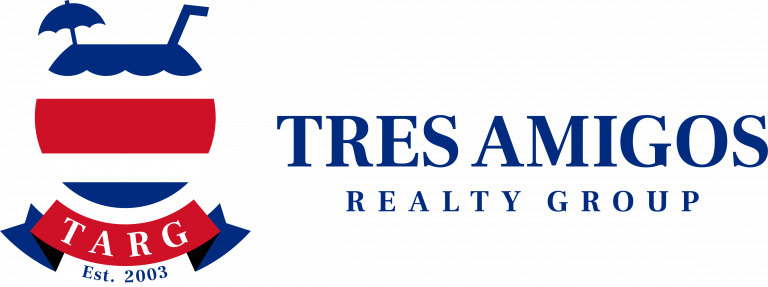In property transactions, buyers typically bear the closing costs associated with the purchase, while sellers are responsible for the real estate commission and legal fees for their attorney involved in the closing process. A Capital Gains Tax is now also applicable.
Although properties can be purchased under their personal names, many individuals own property in Costa Rica through a local corporation, similar to a US LLC. To legally transfer the property out of the corporation, a shareholders meeting must be convened. This involves selling the property to a new corporation established by the buyer. As sellers often do not attend the closing, a legal Proxy must be created, enabling someone to represent the corporation through a Power of Attorney. Following the closing, the original corporation must be dissolved, provided there are no other assets within it.
The real estate commission in Costa Rica mirrors that of North America, standing at 6%, split equally between the Listing agent and the Buyer’s agent. According to law, a 13% VAT sales tax is applied to the entire commission, resulting in a total cost of 6.78% for selling property in Costa Rica.
Since July 1, 2019, a capital gains tax has been in effect. For properties purchased before this date, sellers have the option of paying either 15% of the gain or 2.25% of the sale price, choosing the lesser amount. Post-July 1, 2019, the capital gains tax is fixed at 15%. Exceptions exist for personal homes, allowing for tax-free sales if owner live 3 years in the property.
If the property is held within a Costa Rican corporation and the entity won't be used for another property purchase, it is advisable to close the corporation after the sale. An attorney can handle this process for a small fee. Sellers are responsible for confirming the corporation's closure a month or two later, ensuring the fulfillment of all obligations, taxes, and corporate agreements until the closure is finalized. Failure to dissolve the corporation promptly may result in significant penalties with accumulating interest. These fees are typically deducted by the escrow agent at the time of closing.






